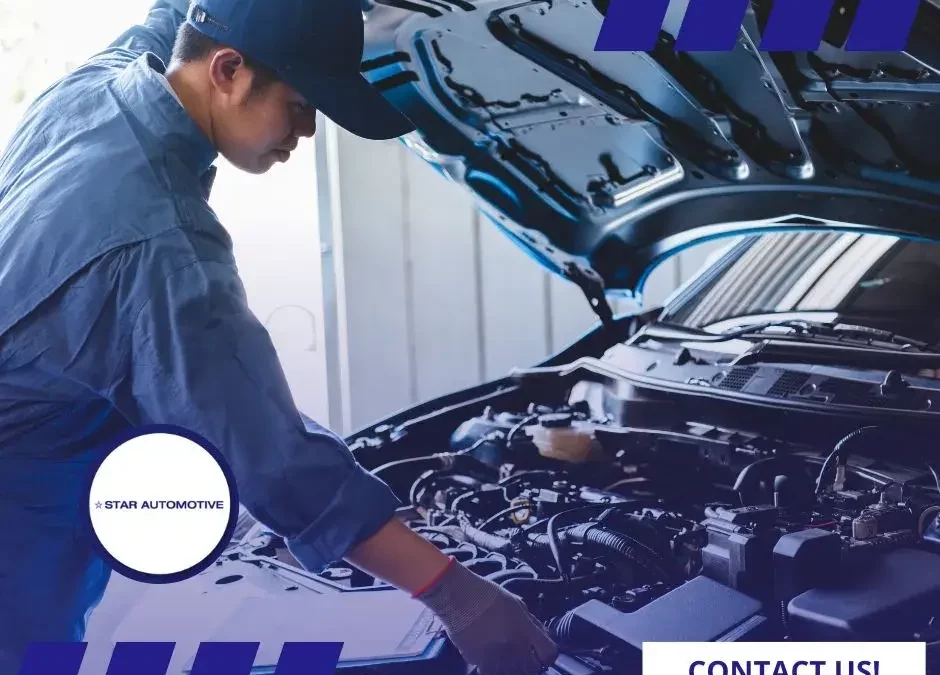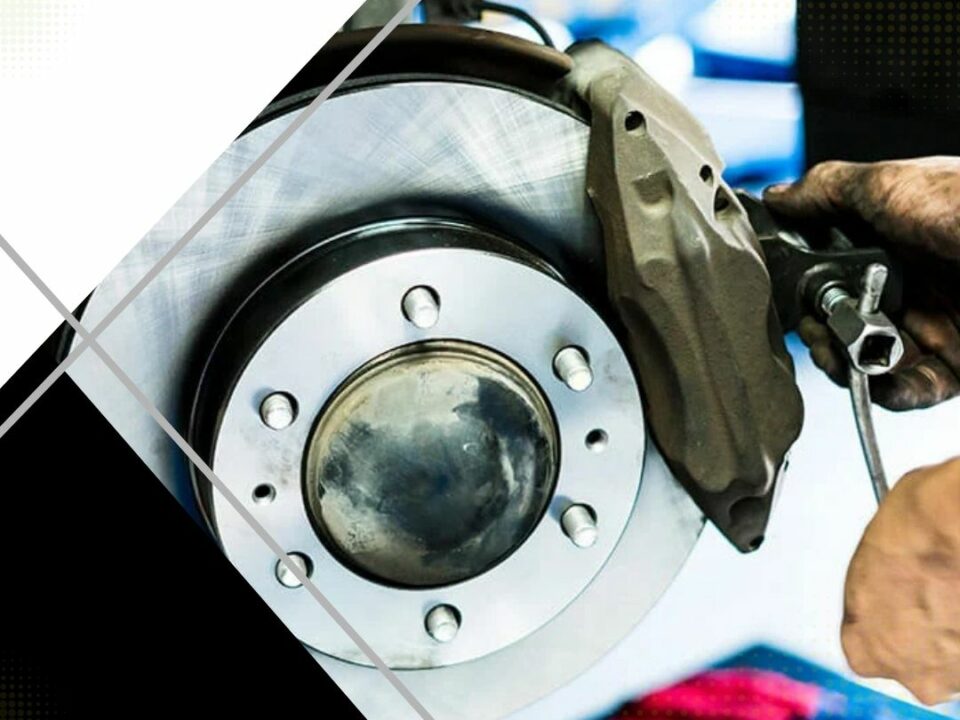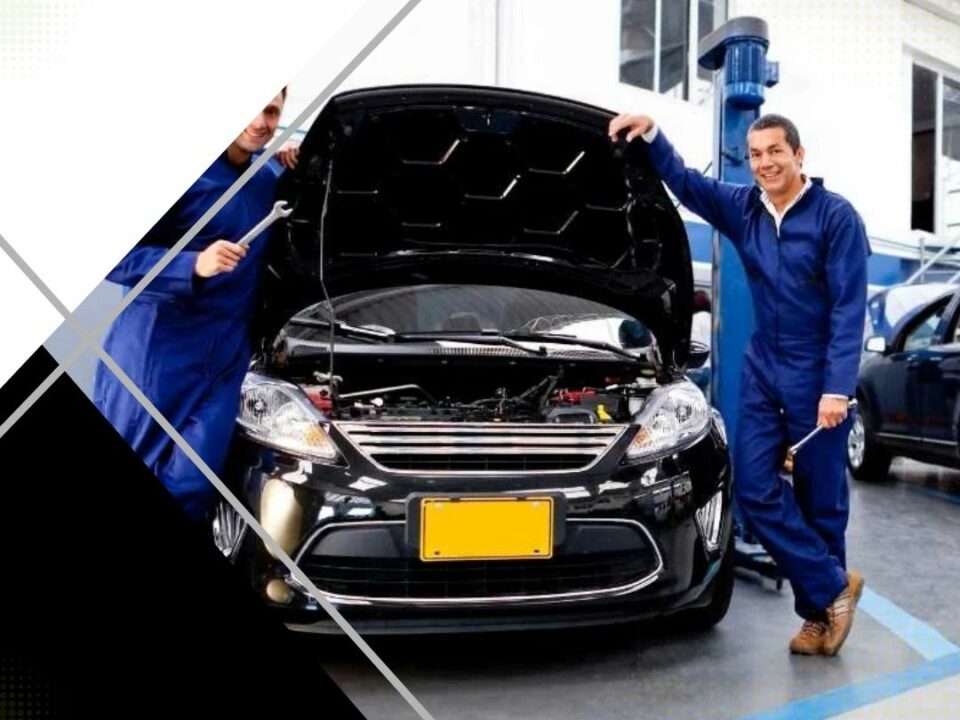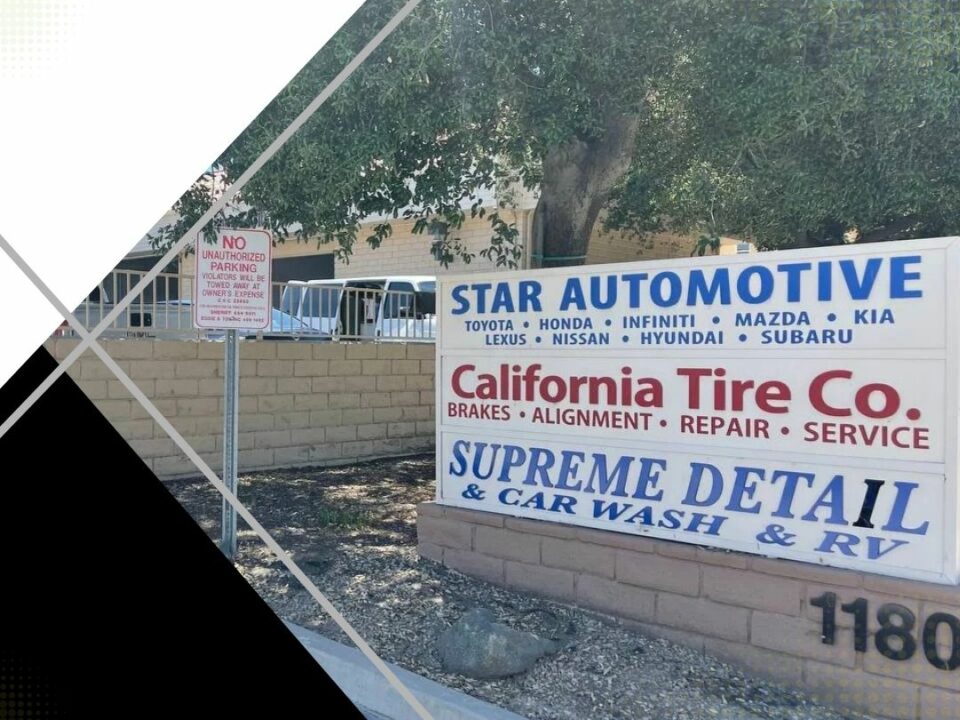
Top Specialized Services Provided by Experienced Car Mechanics
November 8, 2024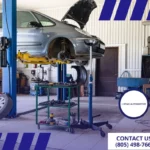
Guide to Preventive Maintenance Procedures for Car Owners
November 13, 2024In today’s fast-paced world, where the reliability of a vehicle is often synonymous with convenience and safety, understanding the nuances of preventive maintenance is more important than ever. Regular oil changes are not just a routine task but a safeguard against premature engine wear, while clean air filters ensure optimal air-fuel mixture, crucial for performance and efficiency. Meanwhile, the cooling system, often overlooked, plays a pivotal role in preventing overheating. As we explore these procedures, consider how proactive maintenance not only enhances longevity but also aligns with cultural practices of sustainability and responsibility. What other aspects might influence your vehicle’s longevity?
Routine Engine Care for Preventive Maintenance
Routine engine care is a critical aspect of vehicle maintenance that ensures optimal performance and longevity. In the diverse tapestry of global automotive cultures, maintaining engine health is universally recognized as a pillar of responsible vehicle stewardship. Regular oil changes, conducted at intervals specified by the manufacturer, are fundamental in preventing friction-induced wear and extending engine life. This simple yet vital task serves as the lifeblood of the engine, reducing the risk of overheating and ensuring efficient operation.
Periodic inspection and replacement of engine air filters also play a crucial role in maintaining engine performance. A clean air filter ensures a proper air-to-fuel ratio, which is essential for efficient combustion and optimal fuel economy.
Furthermore, keeping an eye on the engine’s cooling system, including the coolant level and condition, prevents overheating and related damage.
For those with a penchant for technical precision, monitoring the engine’s belts and hoses is equally important. Cracks or wear in these components can lead to catastrophic engine failure if neglected.
Tire and Brake Maintenance
While caring for the engine is paramount, the importance of tire and brake maintenance cannot be understated in the comprehensive upkeep of a vehicle.
Tires, the sole contact between your vehicle and the road, require regular attention to ensure safety and efficiency. Begin with routine checks of tire pressure, as underinflated tires can lead to increased fuel consumption and uneven wear, while overinflated tires may reduce traction. Utilize a reliable pressure gauge to maintain the manufacturer’s recommended levels, and don’t overlook the need for regular tire rotations, typically every 5,000 to 8,000 miles, to promote even tread wear.
Brakes, integral to vehicle safety, demand meticulous inspection and timely maintenance. Be alert to any unusual sounds, such as squeaking or grinding, which could indicate worn brake pads or rotors needing replacement.
It’s advisable to have brakes professionally inspected annually, or sooner if you experience any performance issues. Additionally, ensure the brake fluid is at the appropriate level and free of contaminants, as it plays a critical role in brake response.
A proactive approach to preventive maintenance significantly reduces the risk of costly repairs. Studies indicate that regular maintenance can decrease the likelihood of major repairs by up to 40%. Routine engine care, including timely oil changes and air filter replacements, alongside diligent tire and brake maintenance, enhances fuel efficiency and safety. By adhering to these preventive measures, the vehicle’s longevity and performance are optimized, demonstrating the tangible benefits of consistent maintenance practices in automotive care.

